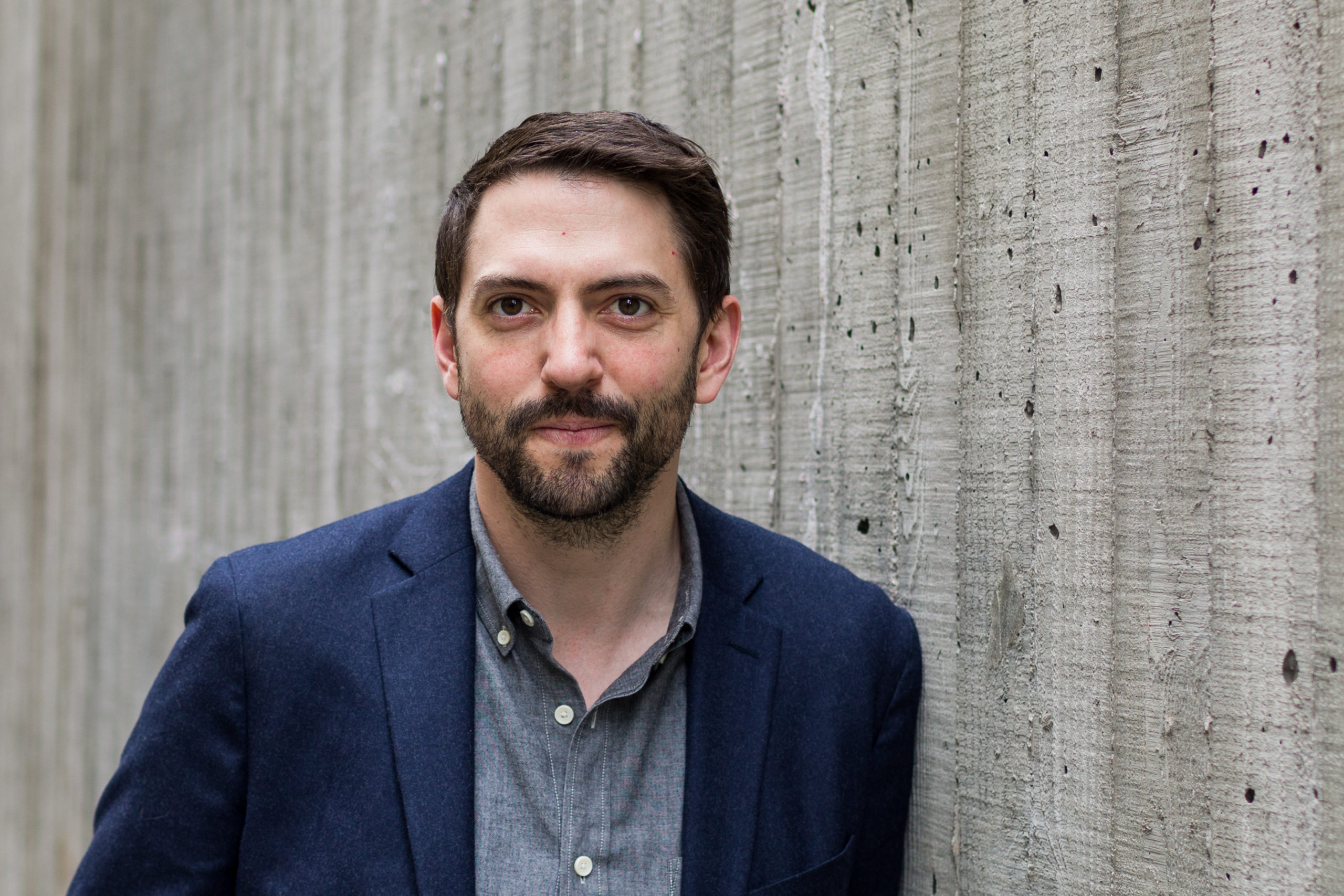When Sean Duffy co-founded Omada Health in 2011, the pursuit was to reinvent how people manage chronic disease.
By 2015, Omada earned full recognition from the U.S. Centers for Disease Control & Prevention for company’s digital diabetes prevention program and in 2018 it began a clinical trial demonstrating more than 4% percent average weight loss in a year among users.
Health Evolution interviewed Duffy about the inspiration behind Omada Health, what perspective clients should expect in the next 18 months, and the most difficult challenge he has overcome as a leader.
What is the inspiration fueling Omada or its origin story?
The main issue in the health care system is the hurdles people must jump through to get the care that they need. There are operational burdens – from coming in to get your A1C tests, to booking appointments – and that doesn’t work for the majority of individuals, especially those with chronic conditions.
When I was in medical school, I realized that in order to build a health care system that worked for patients, we needed to combine technology and health care across different disciplines. My co-founder, Adrian James, and I believed we could reach people virtually and create a program that could have a broader impact and help make a dent in the growing problem of diabetes and chronic conditions. Fast forward ten years, and what Omada learned through developing a diabetes prevention program is that really what we had built was a platform for using the science of behavior change to treat chronic disease. Omada addresses gaps in care with a multidisciplinary approach, combining clinical best practices with rich data science and the science of behavior change to improve member health outcomes and deliver long-term ROI.
What should prospective clients expect in the next 18 months? The next 2-3 years?
On the heels of our latest $192 million Series E funding round, Omada is accelerating its mission in offering virtual-first chronic care to millions of people across the U.S. In the next few years, we’ll be accelerating our technological roadmap for care and further personalizing our coaching model to deliver better health outcomes. A critical aspect of Omada’s platform is the Omada Insights Lab, which uses data science, clinical and product design, behavior science and care delivery learnings to provide a multi-disciplinary analysis of care – what works, what doesn’t, and how we can transform member care. Omada is continuing to build its investment into the Omada Insights Lab to unearth the most innovative, cost-effective interventions for members, health plans and employers alike.
Which accomplishments are you as a CEO and founder most proud of?
With 1,700+ customers, Omada Health works within the U.S. health care system to improve chronic care experiences and outcomes, from diabetes prevention and management to hypertension and musculoskeletal issues. We’ve been able to create a truly integrated approach that combines data, technology and human-led care. As a virtual-first care leader, Omada is continually evolving its programs with a goal of providing better, more integrated care to those living with chronic conditions. Most recently, Omada evolved its behavioral health offerings and embedded it into all existing programs, offering members care that approaches both mental and physical health equally to remove barriers and lead to better outcomes.
What is the most difficult challenge you have overcome on the road to success?
There are so many inefficiencies in the health care system that hinder individuals from truly managing their health. These inefficiencies are only exasperated for somebody living with a chronic condition. The current health care system isn’t set up for 24/7 in-person care and continual support, and as a result, people are falling through the cracks. When we founded Omada Health, we had the goal of translating behavioral intervention into clinically effective virtual programs. We knew that this was an ambitious mission, and that we’d have to hold ourselves to equally ambitious standards. That was the most difficult challenge – taking an idea and ensuring that it could be implemented to create real change in people’s lives.
What advice would you give to other CEOs and founders?
During an entrepreneurship panel at Harvard Medical School, one of the questions that I was often asked was along the lines of “should I leave my profession to build out on my own?” If you find a problem where you get so latched on to it and it just pulls you so hard that it starts to make the decision easy to leave, then that’s great, leave. If you don’t find something that you’re so hungry to work on, don’t. Overall, make sure that the problem that pulls you does so strongly – this makes the decision to pursue your own venture easier and it builds on your own determination and grit.










